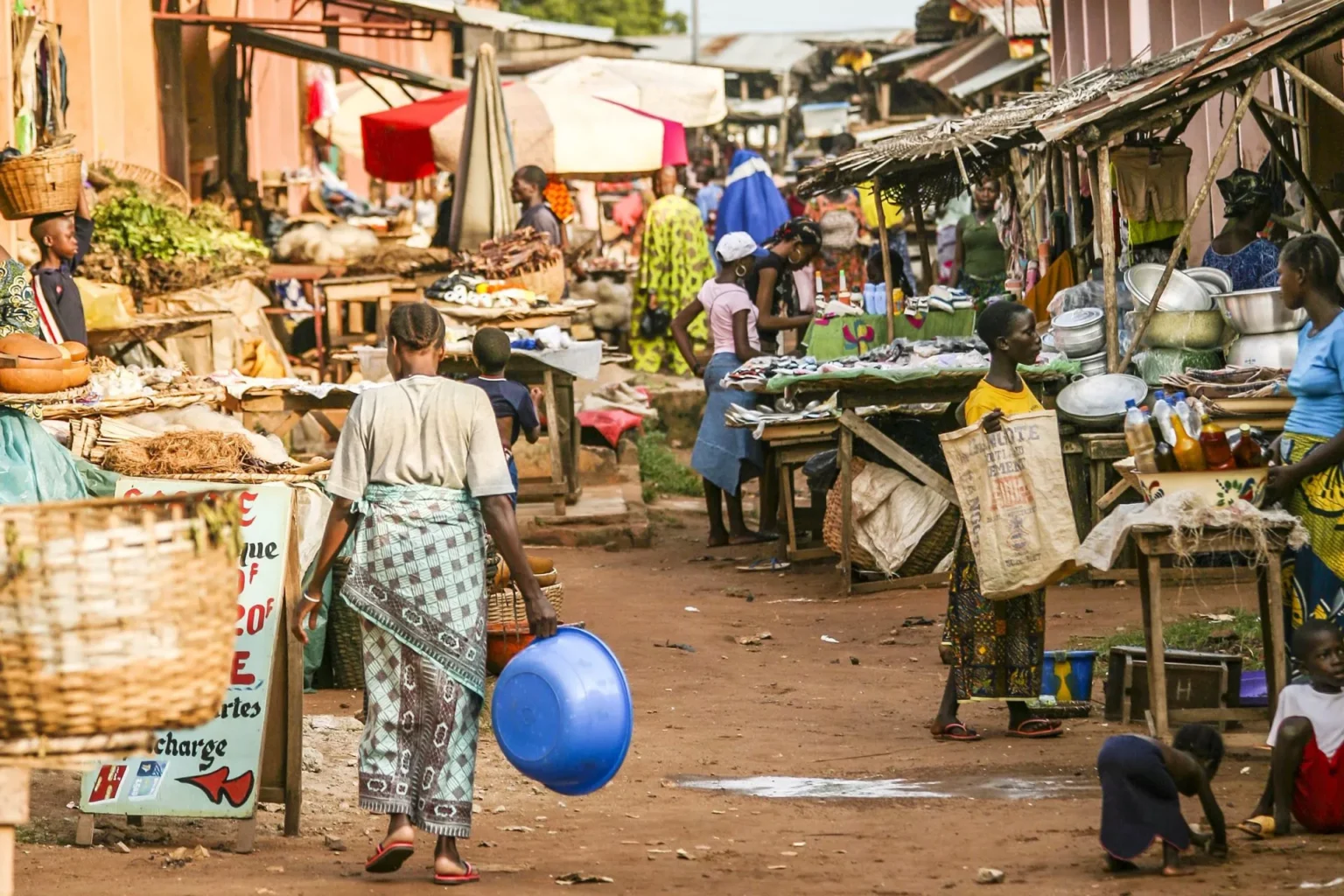- Following a slow recovery from the debilitating impact of COVID-19, Africa’s economic growth declined to an estimated 3.8 per cent in 2022 and later deteriorated to 3. (https://rescueresponse.com) 3 per cent in 2023.
- Africa is not immune to economic shocks and has recently faced a multi-crisis situation.
- African countries have posted more than 5 per cent output expansions in 2024.
Africas economic outlook
Before COVID-19, Africa experienced 20 years of solid growth and made tangible economic and social progress. However, the COVID crisis brought this progress to an abrupt halt, and many countries, which are under increasingly tight budget constraints, struggled to invest in essential sectors amidst recovering from the aftermath of the health crisis.
Following a slow recovery from the debilitating impact of COVID-19, Africa’s economic growth declined to an estimated 3.8 per cent in 2022 and later deteriorated to 3.3 per cent in 2023.
However, according to a recent UN report, the continent’s economic growth is expected to accelerate slightly, with the average GDP growth increasing to an estimated 3.5 per cent in 2024.
Moreover, the African Development Bank Group’s latest Macroeconomic Performance and Outlook (MEO) reported that Africa will account for eleven of the world’s 20 fastest-growing economies in 2024.
Consequently, Togo, Guinea, Uganda, Djibouti, Burundi, Tanzania, and Ethiopia, to name a few, will be among the fastest-growing economies in Africa in 2024, with their actual gross domestic product exceeding 5 per cent.
Elevated inflation, persistent fragility in supply chains, and climate change impacts remain on the economic watchlist as potential constraints to accelerated growth in the continent.
Factors ailing African economies
Africa is not immune to economic shocks and has recently faced a multi-crisis situation. The high cost of living, magnified climate change, geopolitical tensions, and COVID-19 aftershocks are among the top-tier obstacles that have ailed Africa’s economic growth.
Inflation, rising interest rates, and currency depreciation
Africa’s inflation rate has risen since 2020, challenging macroeconomic stability. The region’s average inflation peaked at 17.8 per cent in 2023. This was the highest inflation rate recorded over a decade, leading to the corrosion of macroeconomic gains before the pandemic.
The raging inflation rates have led to soaring food and fuel prices in Africa. For instance, South Africa’s headline consumer inflation was 5.3 per cent in January 2024, increasing to 5.6 per cent in February.
Some key factors contributing to high inflation rates include external factors such as rising global food and energy prices and internal issues, including agricultural supply shocks, fiscal deficits, and increased local currency devaluation against the US dollar.
High inflation drove the central banks in African countries to raise interest rates to help slow down prices. However, this measure hindered foreign direct investments (FDI) as it increased the cost of borrowing and, consequently, the overall cost of doing business. Additionally, high interest rates slowed down economic activities, thus negatively affecting economic growth in the continent.
In 2023, many African currencies depreciated against the greenback, exacerbating price pressures. For instance, in Nigeria, the Naira continues to depreciate against the US dollar, discouraging importation and increasing interest rates.
Climate change
Despite its minimal contribution to global warming and having the lowest emissions of about 4 per cent, Africa faces exponential collateral damage.
Climate change and extreme weather conditions in sub-Saharan Africa have significantly threatened the region’s social and economic growth. Africa’s dependence on rainfed agriculture has exposed households to food insecurity and poverty with substantial economic ramifications.
Read Also: GDP – not a true reflection of Africa economic growth
Drivers for Africa’s economic growth
Despite the multi-crisis economic shocks, Africa remains resilient and is on course for a near-complete recovery in 2024.
Some factors dictating the resilience of the African economy include strong infrastructure investment spending, prospects of increased tourism after the cooldown of the pandemic, and the advantage of a diversified regional economy.
Growth in Africa’s top-performing economies has also benefitted from various factors, including declining commodity dependence through economic diversification, increasing strategic investment in key growth sectors, rising public and private consumption, and positive developments in key export markets.
The services sector will continue to play a significant role in driving the economies of East Africa, including resurgent travel, tourism and hospitality, resilient transport and logistics, and vibrant financial and telecommunications industries.
Resource-intensive economies and major commodity exporters will continue to do well, given the intense competition and high prices for Africa’s supplies of hydrocarbons, mining sector output, and agricultural produce. Additionally, substantial investment will continue to flow into Africa’s green energy sector ventures; minerals and metals are crucial to the global energy transition and digital transformation.
The improved growth figure for 2024 reflects concerted efforts by the continent’s policymakers to drive economic diversification strategies focused on increased investment in key growth sectors and implementing domestic policies to consolidate fiscal positions, reverse the cost of living, and boost private consumption.
Prospects and opportunities for Africa’s Economic growth
Africa’s economic growth is projected to regain moderate strength as long as the global economy remains resilient, disinflation continues, investment in infrastructure projects remains buoyant, and progress is sustained on debt restructuring and fiscal consolidation.
To promote financial inclusion, innovators and policymakers across Africa have encouraged the adoption of financial technologies like mobile banking and mobile money. Digital finance is characterized as a catalyst for poverty reduction, providing low-income households with access to affordable and convenient tools to support their economic activities.
Digital financial inclusion is thus a priority across Africa, as evidenced by the uptake of digital technologies in most African markets. According to the Global Findex Database, Africa leads the world in mobile money adoption, the primary driver of digital financial inclusion.
Artificial Intelligence presents massive development opportunities for Africa if the right policies and infrastructure exist. Research shows that the technology can contribute up to $1.2 trillion to the continent’s GDP by 2030, representing a 5.6 per cent increase.
Internet penetration remains limited in Africa. However, many African countries have plans to increase their broadband use. For instance, Nigeria’s National Broadband Plan aims to achieve 70 per cent broadband penetration by 2025. Yet internet penetration across Africa faces significant challenges, many intertwined with broader socio-economic and infrastructural issues.
In the spirit of liberating Africa from the effects of future climate change shocks, African governments have taken the initiative to adopt green energy to address Africa’s large and growing energy needs while simultaneously transitioning to sustainable energy production on the continent that is both sufficient and clean.
Africa’s economic growth in 2024 sparks optimism and is on an upstream trajectory to achieving social and economic stability.
“African countries have posted more than 5 per cent output expansions in 2024,” Bank Group President Dr Akinwumi Adesina said, calling for larger financing pools and several policy interventions to further boost Africa’s growth.




